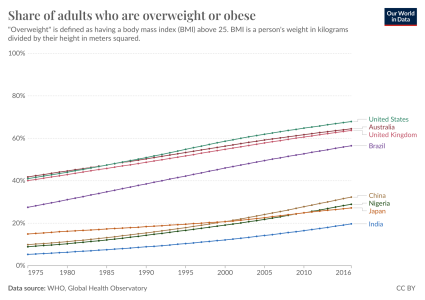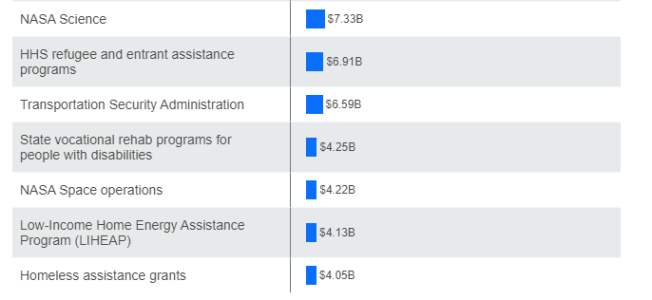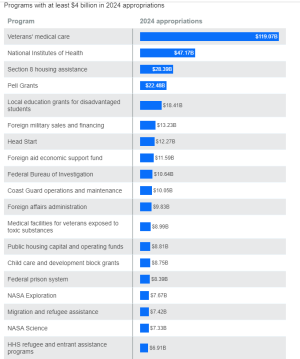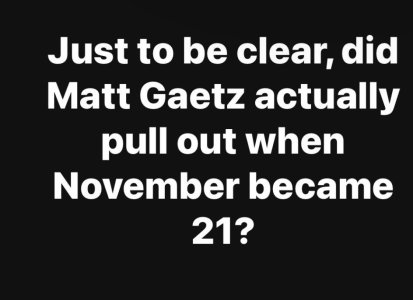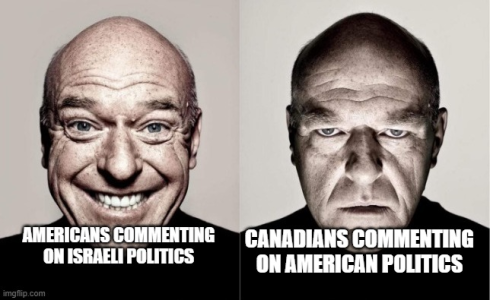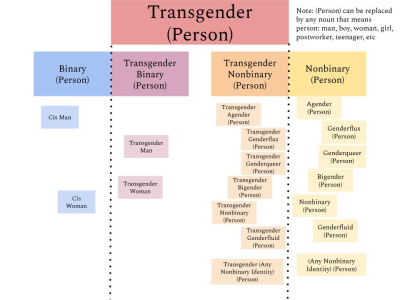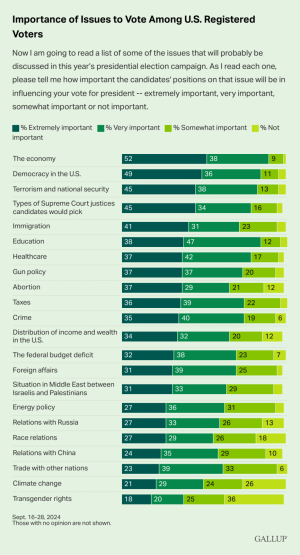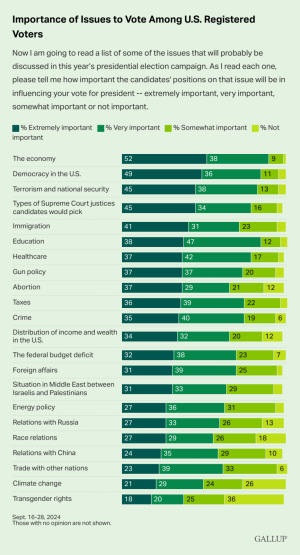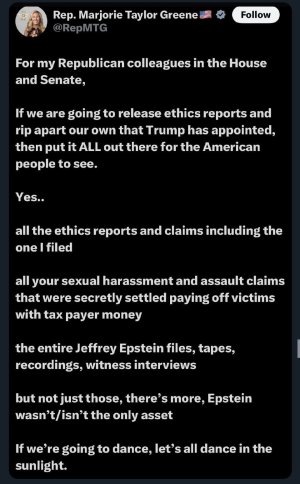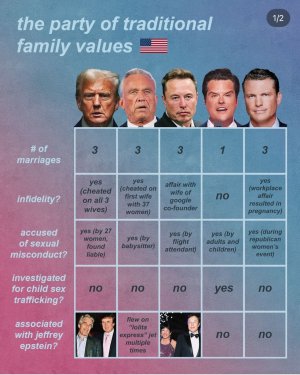
 Print
Print |
Close
[h1]How Critics of Obama's Libya Response Profoundly Misunderstand Intelligence[/h1][h5]By Aki Peritz[/h5]
Agencies still don't have all the facts about what went down in Benghazi, and interpreting them correctly will take time, a former CIA analyst explains.
The U.S Consulate in Benghazi burns following an attack in September. (Reuters)
High-profile Republican politicians and their
media surrogates are accusing President Obama and other top White House staff of "lying" to the public about last month's
deadly assault on America's diplomatic post in Benghazi, Libya.
This accusation not only misses the mark but also demonstrates how profoundly the accusers misunderstand how intelligence works. In fact, the White House's evolving timeline for what happened in Benghazi is proof of precisely the opposite of what the breathless accusers suggest -- it is a sign of a normal, healthy intelligence process.
To believe that the initial statements about what happened in Benghazi were a lie, one has to assume: (1) The administration had all the facts, even as the situation was evolving; (2) the administration chose to tell a deliberately false story about those facts; and (3) the story it told was consistent, with no administration official contradicting the official line. There is little evidence to support any of these three pillars of the Republican case against the White House.
To be clear, I don't have access to the raw or finished intelligence detailing the particulars of the Benghazi investigation. (If I did, I wouldn't be writing this.) But I did serve as a CIA analyst during the Bush Administration, and I authored dozens of finished products on terrorists and their strategies. I have seen how this process works. When intelligence from a conflict zone is assessed, the results are not clear, linear, or static. Rather, 21st-century intelligence analysis -- particularly when it is occurring in real-time and on something high-profile -- can be messy, obtuse and, above all, evolving.
So, here are four facts about intelligence analysis to consider before accusing
any president (regardless of party) of lying during a crisis:
1. A lot of first-contact intelligence is wrong. When bad things happen, the intelligence (and the assumptions that flow from it) often is contradictory, fragmented, or flat-out erroneous. So, anyone reading the stream of "situation reports" about fast-moving events must take a cautious, measured approach before coming to a definite conclusion.
Moreover, if the intelligence on a fast-moving crisis contradicts an accepted narrative (e.g., that the attacks in Egypt and Libya were related to the offensive YouTube video) it can be hard for both the analysts
and their policymaking readers to overcome these early assumptions.
Here's an example: Ten years ago this month, D.C.-area residents were held hostage by the rampages of the
Beltway sniper. Over the course of three weeks, the killer slaughtered 10 people and injured others, mostly at random. Based on reasonable FBI and local law-enforcement analysis, the killer was said to be a lone, white, employed, male gunman in a
white van. It took additional information and some dumb luck to determine that, other than his gender, every one of these assumptions was totally
wrong.
2. Intelligence analysts almost always hedge their language. Analysts don't own crystal balls, but they nevertheless are asked to comment upon the likely future status of current events. So it is a rare document indeed that authoritatively states an analytic judgment, and such statements are almost never made after a fluid situation like the Benghazi attack.
Instead, the vast majority of finished intelligence products are imbued with weasel words: "may have;" "possibly;" "perhaps;" "in part;" etc. The point in authoring intelligence analysis is not to be correct, it is to be not
incorrect. This is because, once placed on paper or in the computer file, the analytic judgment stands nakedly till the end of time. As 40-year CIA vet Marty Petersen once explained, "Every time we publish, we go 'on the record' and the record is there forever, for the second guessers, the hindsight experts, and anyone with an agenda." No institution wants to be dressed down by its superiors, publicly shamed, or -- even worse -- subpoenaed by a hostile congressional committee.
In the famous "
Bin Ladin Determined to Strike in US" Presidential Daily Brief of August 6, 2001, one of the major analytic points was that "Al-Qa'ida members -- including some who are US citizens -- have resided in or traveled to the US for years, and the group
apparently maintains a support structure that
could aid attacks" (emphasis added). Notice that this analysis uses two hedges in a single sentence. Given the lack of certainty on the issue, such linguistic dodging made sense -- as it does in report after report where individuals are discussing information below the level of actionable intelligence.
In the case of Benghazi, it's even harder to see how analysts could have come to an immediate definitive post-attack conclusion. After all, the surviving consular officials
left Benghazi, pulling the plug on U.S. efforts to collect human intelligence. As of this writing, the FBI has
yet to arrive in Benghazi to begin its investigation. Analysts all want to serve the policymakers, but can't do so without basic facts. In the Benghazi case, the facts in the immediate aftermath of the attack were scarce -- or missing entirely.
3. The intelligence community's production timelines are ill-suited to our 24/7 news cycle. Finished intelligence products must pass through multiple layers of bureaucratic review, which substantially slows the process of putting intelligence into policymakers' hands. But our era of instant comment forces policymakers to react in real-time. And the media sometimes garbles this message.
Case in point: Secretary of State Hillary Clinton said this on September 26:
For some time, al-Qaeda in the Islamic Maghreb and other groups have launched attacks and kidnappings from northern Mali into neighboring countries ... and they are working with other violent extremists to undermine the democratic transitions underway in North Africa, as we tragically saw in Benghazi.
Notice that she doesn't say that al-Qaeda in the Islamic Maghreb committed the attack. In fact, she doesn't ascribe blame to any particular group at all. But that's not what was reported on
Fox News or
CNN.
Careful, reasoned analysis takes time to craft. Instant opinions -- the coin of today's media realm -- do not. Guess which one wins in our 24-hour media culture.
4. Arguing over what to call the assailants misses the point. Were the Benghazi attackers "extremists," "militants," or "terrorists?" Some non-linguists really
seem to care.
But those who criticize this lack of specificity are splitting semantic hairs. We don't know who carried out the attack with absolute certainty -- that's what the FBI investigation is for -- but what the group is called on the Sunday talk shows matters less than identifying the individuals who carried out the assault and then going after them.
Here's an example: During the Iraq War, according to most intelligence analysts, Sunnis attacking Americans were "terrorists" but Shiites were "militants." Of course, the result -- U.S. casualties -- was the same regardless of who was attacking, and American service-members went after both groups with equal ferocity.
***
So did the president and others concoct some vast scheme to mislead the American public? The facts indicate otherwise.
First, it's clear that Obama was presented with a changing and muddied intelligence picture. The administration still hasn't finished gathering the evidence, and it had even less in the hours just after the attack.
Second, the criticisms of the administration's response are limited to parsing, not refuting the facts as they've stated them. Were the assailants "extremists" or "terrorists"? Either way, America is committed to finding them and bringing them to justice.
Third, the evolution of the explanation itself is an indication of candid and careful re-assessment, not of a consistent lie. An administration
forthright enough to tell the world when its first findings were wrong should be applauded, not pilloried.
Finally, our government is too vast and far too leaky to support such a conspiracy. We aren't seeing a cover-up; rather, we are seeing the mundane workings of the intelligence community as it is attempting, however imperfectly, to keep up with fast-moving events.
Blaming the president for not having instantaneous and perfect information is a ridiculous political stunt. But it has consequences beyond partisan gamesmanship. Such charges against the intelligence community unfairly make our analysts into political pawns. These are serious public servants who are trying to get to the bottom of a dangerous situation. It's time for Republicans to get serious as well.
This article available online at:
http://www.theatlantic.com/politics...profoundly-misunderstand-intelligence/263139/
Copyright [emoji]169[/emoji] 2012 by The Atlantic Monthly Group. All Rights Reserved.
 z. baby jesus through government to dictate peoples lives. Got it.
z. baby jesus through government to dictate peoples lives. Got it.





 “Obamacare takes $716 billion from Medicare to spend on Obamacare.” Ryan is claiming that Obamacare siphons off $716 billion from Medicare, to the detriment of Medicare beneficiaries. In actuality, that money is saved primarily through reducing over-payments to insurance companies under Medicare Advantage, cutting waste fraud and abuse, and eliminating
“Obamacare takes $716 billion from Medicare to spend on Obamacare.” Ryan is claiming that Obamacare siphons off $716 billion from Medicare, to the detriment of Medicare beneficiaries. In actuality, that money is saved primarily through reducing over-payments to insurance companies under Medicare Advantage, cutting waste fraud and abuse, and eliminating 





